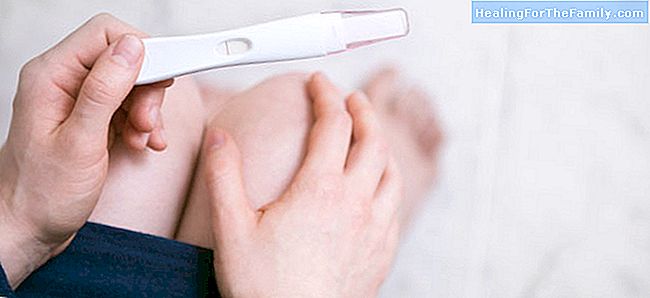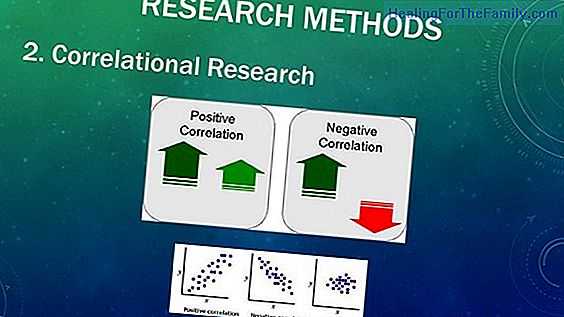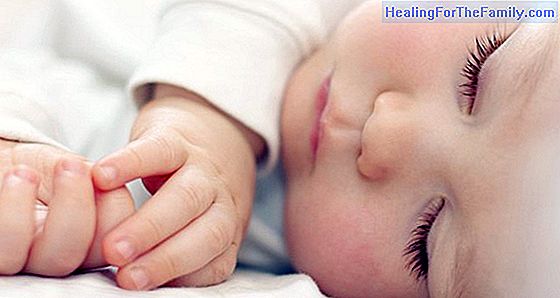What disorders in ovulation cause female infertility
Do you have ovulation problems? An irregular menstruation or the total disappearance of it are causes that indicate that there is a problem with ovulation and these are the most recurrent symptoms when talking about an ovulation disorder. We explain what kind of disorders we refer to and what ovulat
Do you have ovulation problems? An irregular menstruation or the total disappearance of it are causes that indicate that there is a problem with ovulation and these are the most recurrent symptoms when talking about an ovulation disorder.
We explain what kind of disorders we refer to and what ovulation disorders can lead to female infertility.
What disorders in ovulation can lead to infertility in women

It is considered an ovulation disorder when ovulation stops occurring correctly. According to the SEF (Spanish Fertility Society), disorders in ovulation are the cause of 21% of cases of female sterility.
These ovulation disorders can occur due to the following causes:
1. Polycystic ovarian syndrome: It is usually related to diabetes problems or excess weight and produces hormonal imbalances (estrogen, progesterone and androgens) affecting ovulation. It can present features such as acne or abnormal hair growth in women. It is the most common cause of female infertility.
2. Hypothalamic dysfunction: The hypothalamus helps control the pituitary gland and is responsible for the control of the adrenal glands, ovaries, testes and thyroid gland. This involvement of the ovules is what can cause female infertility due to a decrease in the function of sex hormones (hypogonadism). One of the symptoms of hypothalamic dysfunction is weight gain, which could lead to an additional increase in difficulties in conceiving. Stress can also affect hypothalamic function and affect ovulation.
3. Premature ovarian failure: It is a genetic disorder that can be due to enzymatic defects, chemotherapy, radiotherapy, autoimmune origin or other forms. It is one of the most common causes of infertility in women under forty. It can be solved through a hormone replacement therapy (HRT).
4. Excess of prolactin: Prolactin is the hormone responsible for the secretion of milk. It acts directly on the mammary gland and can produce a reduction in the production of estrogen and thus be a cause of infertility. The increase in prolactin can occur due to causes such as stress, thyroid disorders or hypoglycemia, among others.
Treatment of ovulation disorders in women
Nor should we be frightened by a disorder of these characteristics, since in most cases, it has a solution. In fact, these disorders have treatment, which usually focus on stimulating the ovary so that ovulation is performed correctly, the prescribed treatment will depend on the type of disorder.
Therefore, if your menstrual cycle is not working as it should, you should consult your gynecologist as soon as possible, it may not be a serious problem, but it may also be an ovulation disorder that requires treatment.
D. José Manuel Pintado
Medical Director and Head of the Reproduction Unit of the Pintado Medical Center












